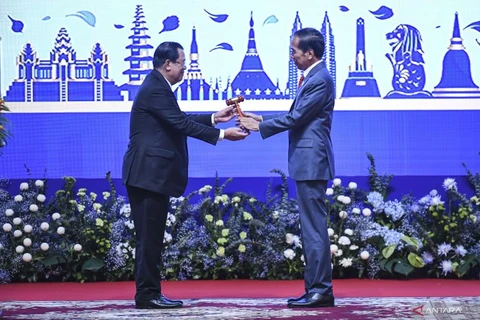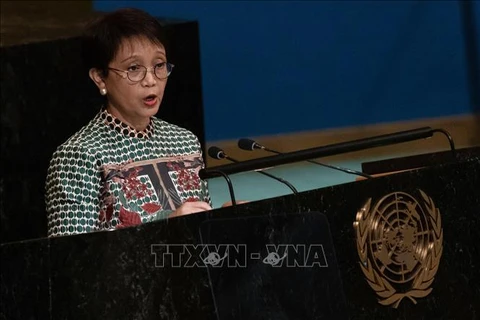Jakarta (VNA) – The Indonesian government plans to spend 476 trillion Rp (31.8 billion USD) on social assistance protection as the country is transitioning from the COVID-19 pandemic to the endemic disease phase.
Indonesia’s President Joko Widodo said that his government will not abruptly revoke the massive spending on social programmes aimed at helping the people and businesses cope with the devastating economic impact of the pandemic over the last three years.
Speaking at a recent meeting of the National Committee for COVID-19 Handling and National Economic Recovery (PC-PEN), Joko Widodo said that after lifting restrictions at the end of 2022, Indonesia is in an interim phase in which it must maintain caution, especially in deciding on economic measures.
In contrast to other nations that have recently experienced high inflation, according to the President, Indonesia has effectively demonstrated tenacity through 2022 with economic growth of 5.72% in the third quarter of 2022 compared to the same period in the previous year.
Coordinating Minister for the Economy Airlangga Hartarto said the 476 trillion Rp budget will be used to fund various social programmes such as affordable staple food supplies, cash assistance for low-income families, and job creation.
To preserve people's purchasing power during the transition phase and to safeguard the underprivileged and other vulnerable groups, the government will continue to carry out this initiative.
Indonesia’ government also allocates 178.7 trillion Rp for healthcare programmes to be channeled through the Health Ministry, the Drug and Food Supervisory Agency (BPOM), and the National Population and Family Planning Agency./.

























